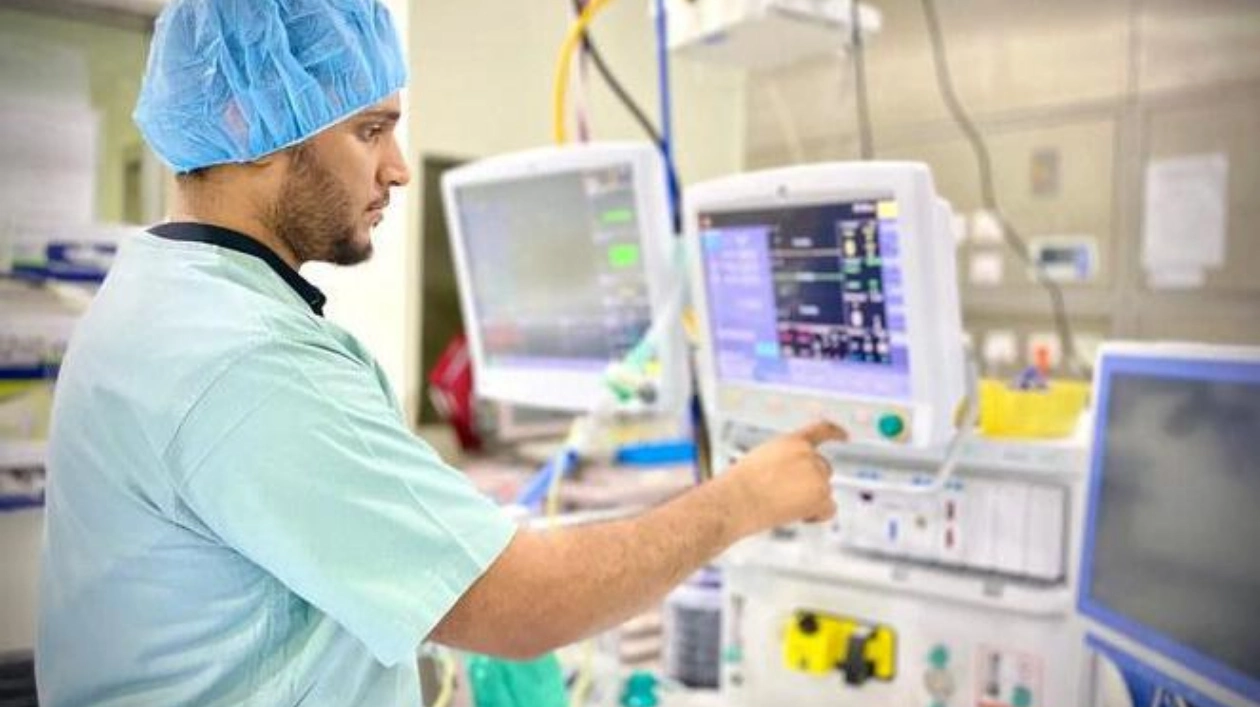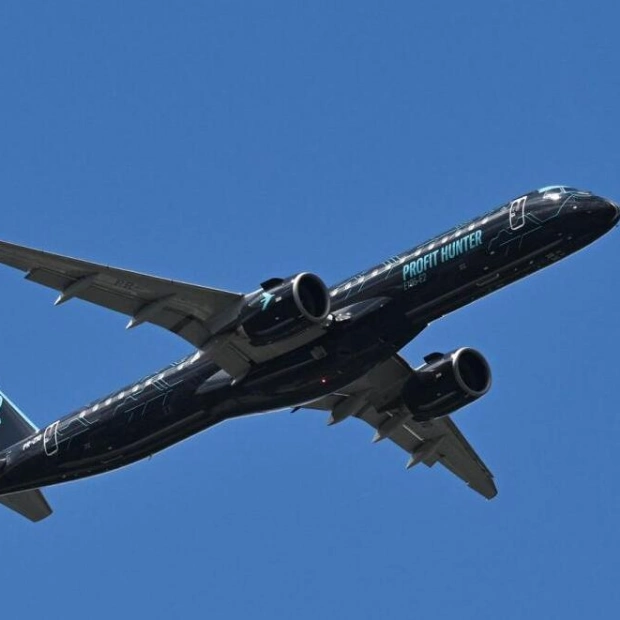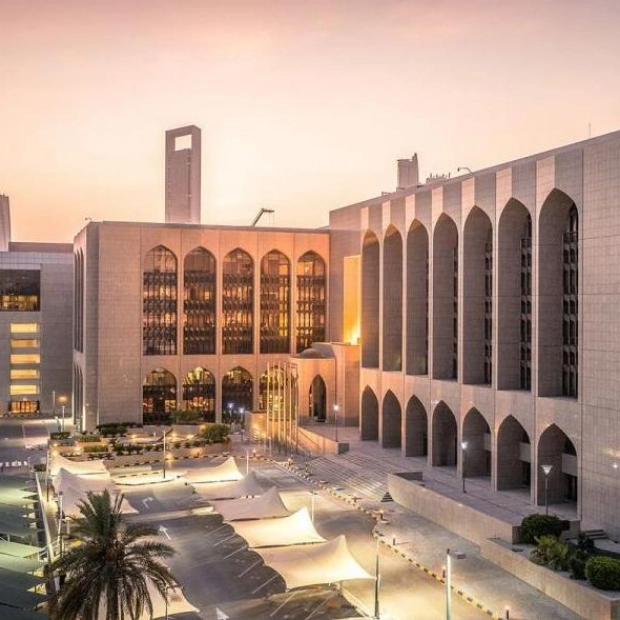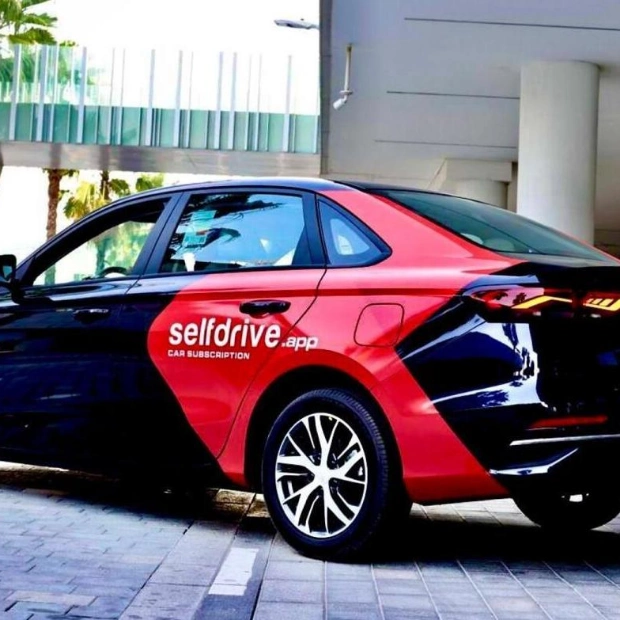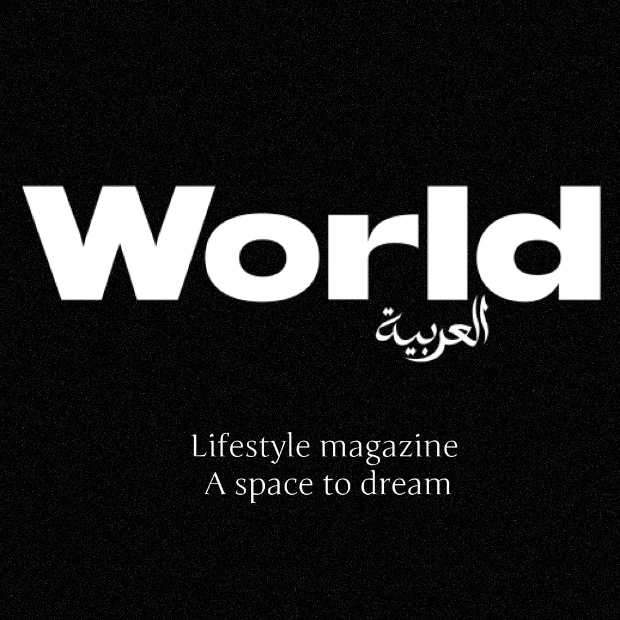RIYADH: Saudi Arabia is poised to inaugurate five new hospitals by 2025, adding 963 beds across pivotal provinces as part of a comprehensive SR260 billion ($69.3 billion) budget allocation to the health and social development sector.
This allocation marks the second-largest share of government expenditure, with the objective of elevating the national bed capacity to 23 beds per 10,000 residents, as outlined in the Ministry of Finance’s budget report.
The new facilities, situated in Rijal Almaa, Dhahran Al-Janoub, Hail, Makkah, and Riyadh, include a specialized mental health hospital in the capital. These projects are designed to enhance access to care and upgrade healthcare infrastructure throughout the Kingdom.
Additional initiatives for 2025 encompass emergency services, early detection programs, cancer care, and expanded dialysis services, reflecting a holistic approach to healthcare that emphasizes prevention, early intervention, and cutting-edge infrastructure.
Beyond healthcare, these funds will also support human resource management and social services, including social security and welfare. They will extend to cultural, media, sports, and entertainment sectors, as well as the implementation of the Quality of Life Program, underscoring Saudi Arabia’s comprehensive approach to health and social development.
Saudi Arabia has made substantial progress in advancing its healthcare sector as part of its broader vision to enhance the well-being of its citizens and residents. Over the past decade, the Kingdom has heavily invested in modernizing healthcare infrastructure, expanding medical services, and improving access to quality care nationwide.
With initiatives like Vision 2030, which set ambitious goals to diversify the economy and improve public services, the health sector has become a focal point. The government has prioritized expanding health coverage, upgrading hospitals and clinics, and implementing advanced technologies such as electronic health records and telemedicine services.
The ministry’s report indicated that the new hospitals will be equipped with state-of-the-art medical equipment, and skilled healthcare professionals will be employed to address the health needs of the population and enhance the quality of care.
To bolster emergency medical services, Saudi Arabia plans to deploy 568 vehicles, including ambulances, electric vehicles, and amphibious units. These vehicles will play a crucial role in transporting the injured and medical supplies, enhancing the overall responsiveness of healthcare services, especially in remote areas and during emergencies.
The health sector will also prioritize early screening for newborns and young children in 2025, aiming to reduce disability and enhance overall quality of life. This includes the implementation of newborn screening programs to detect hearing impairments and genetic disorders.
Additionally, preschool hearing screenings will be integrated with the Noor system to improve educational outcomes for children, further supporting the early identification of health issues that could impact development.
In an effort to reduce the incidence of cervical cancer, the Kingdom will increase HPV vaccination coverage for girls, targeting a 90 percent vaccination rate. The program will provide vaccines for girls in their first year of intermediate school and offer early detection services for women aged 30 and older.
The Kingdom is also expanding its cancer care services by implementing a modern care model across three new oncology centers. This includes expanding early cancer detection capabilities and providing state-of-the-art diagnostic equipment to improve the accuracy and speed of diagnoses.
Similarly, dialysis services at Huraymila and Jazan General Hospitals will undergo significant expansion, with a 200 percent increase in capacity at each facility. These centers will receive substantial funding — SR10 million for Huraymila and SR30 million for Jazan — to ensure advanced care and accommodate more patients in need of dialysis.
In parallel with these service expansions, the Kingdom is enhancing its medical evacuation capabilities by developing and activating medical evacuation centers, command and control hubs, and advanced ambulance services across the country.
The Ministry of Finance budget report highlighted the issuance of 113 million electronic prescriptions through the Wasfaty service, resulting in SR1.3 billion in savings and reducing costs by SR2.4 billion. The Wasfaty service is an electronic prescription platform introduced by the Saudi Ministry of Health.
Investment in digital healthcare systems is proving beneficial in improving performance and health outcomes, as highlighted by the Organization for Economic Cooperation and Development. According to the World Economic Forum, Saudi Arabia allocated over $50 billion in 2023 to initiatives, including digital health services aimed at improving efficiency and accessibility.
As Saudi Arabia continues to focus on digital health, AI advancements, and comprehensive care models, its efforts are poised to transform the sector, improve health outcomes, and support the well-being of its growing population.
Source link: https://www.arabnews.com
